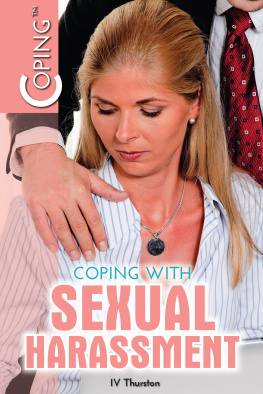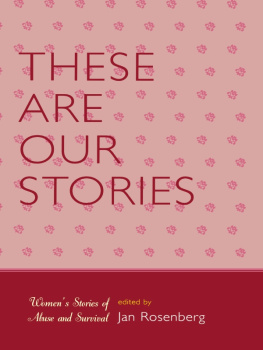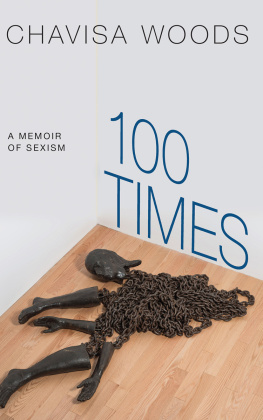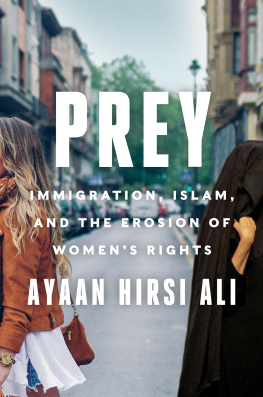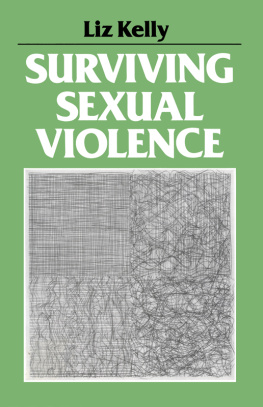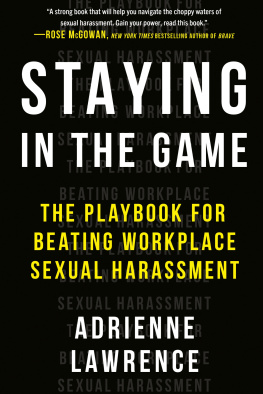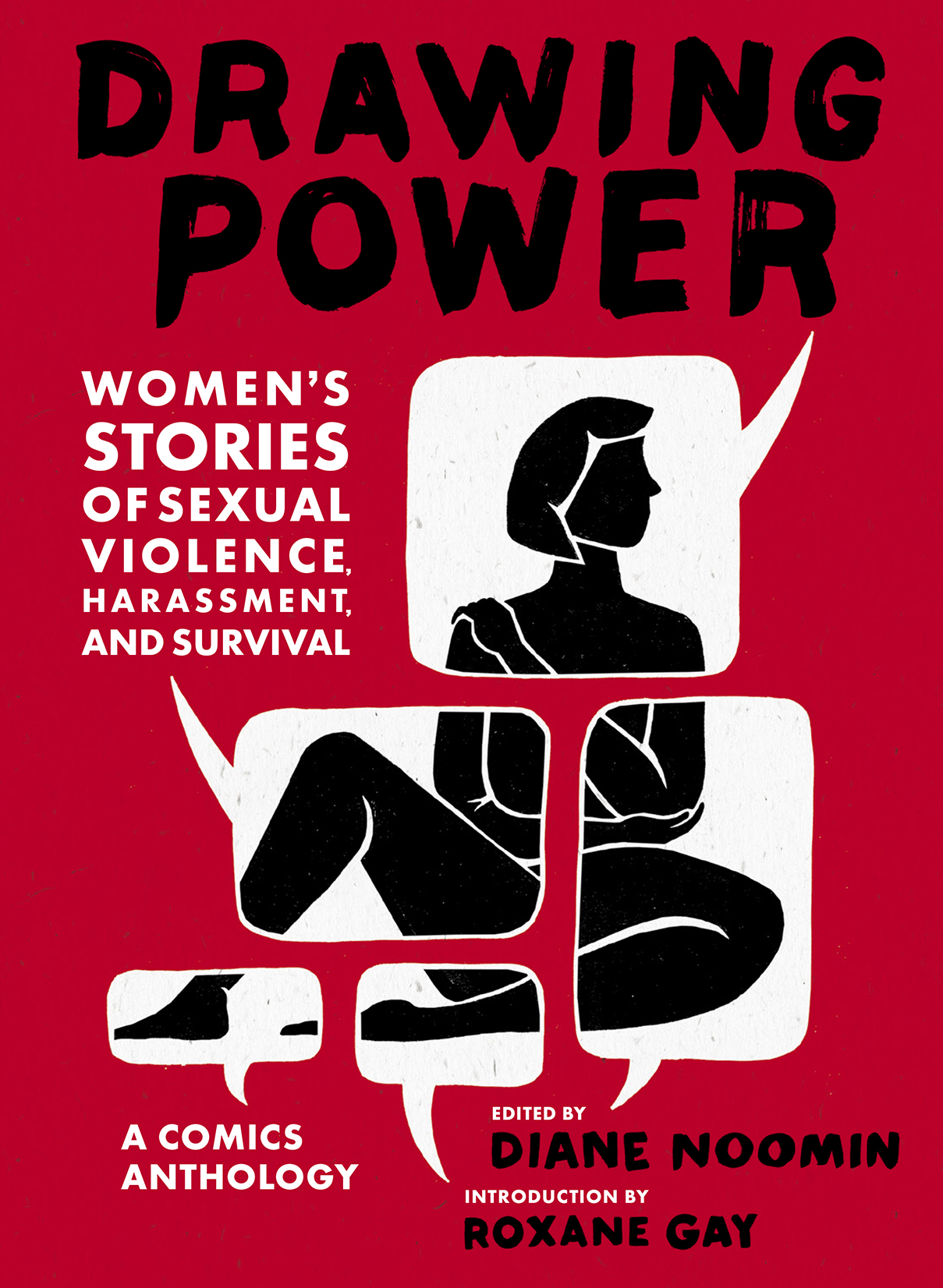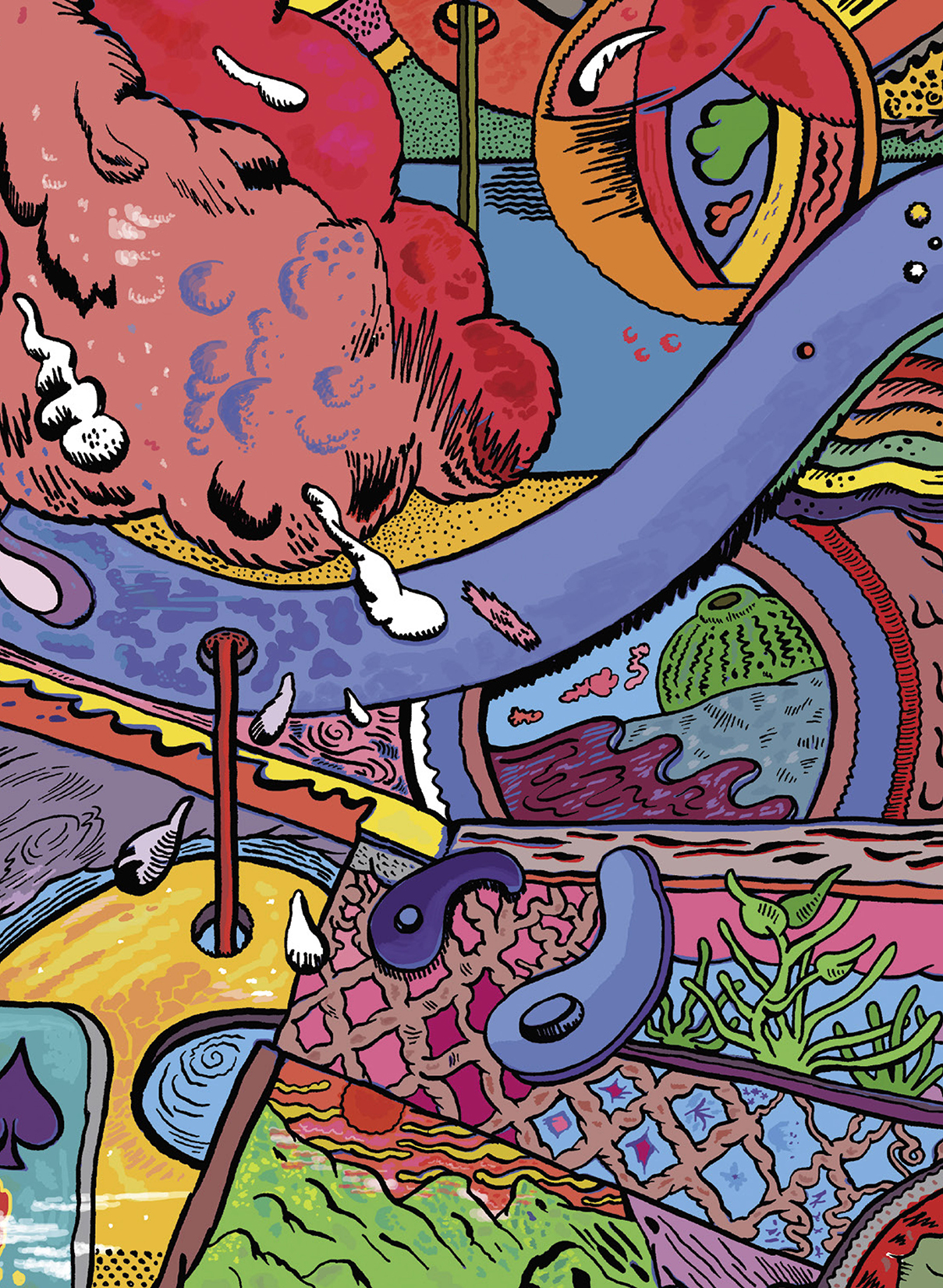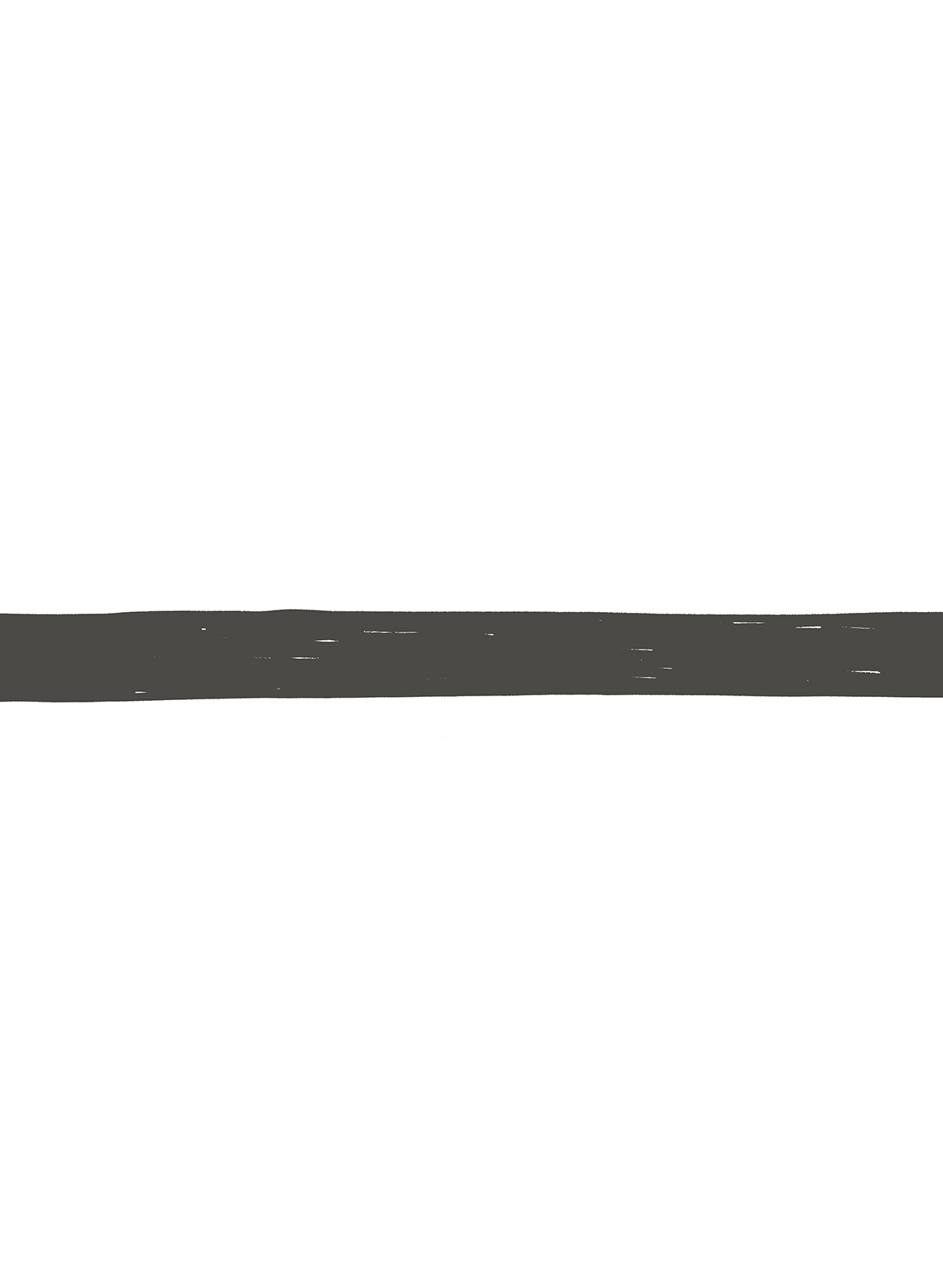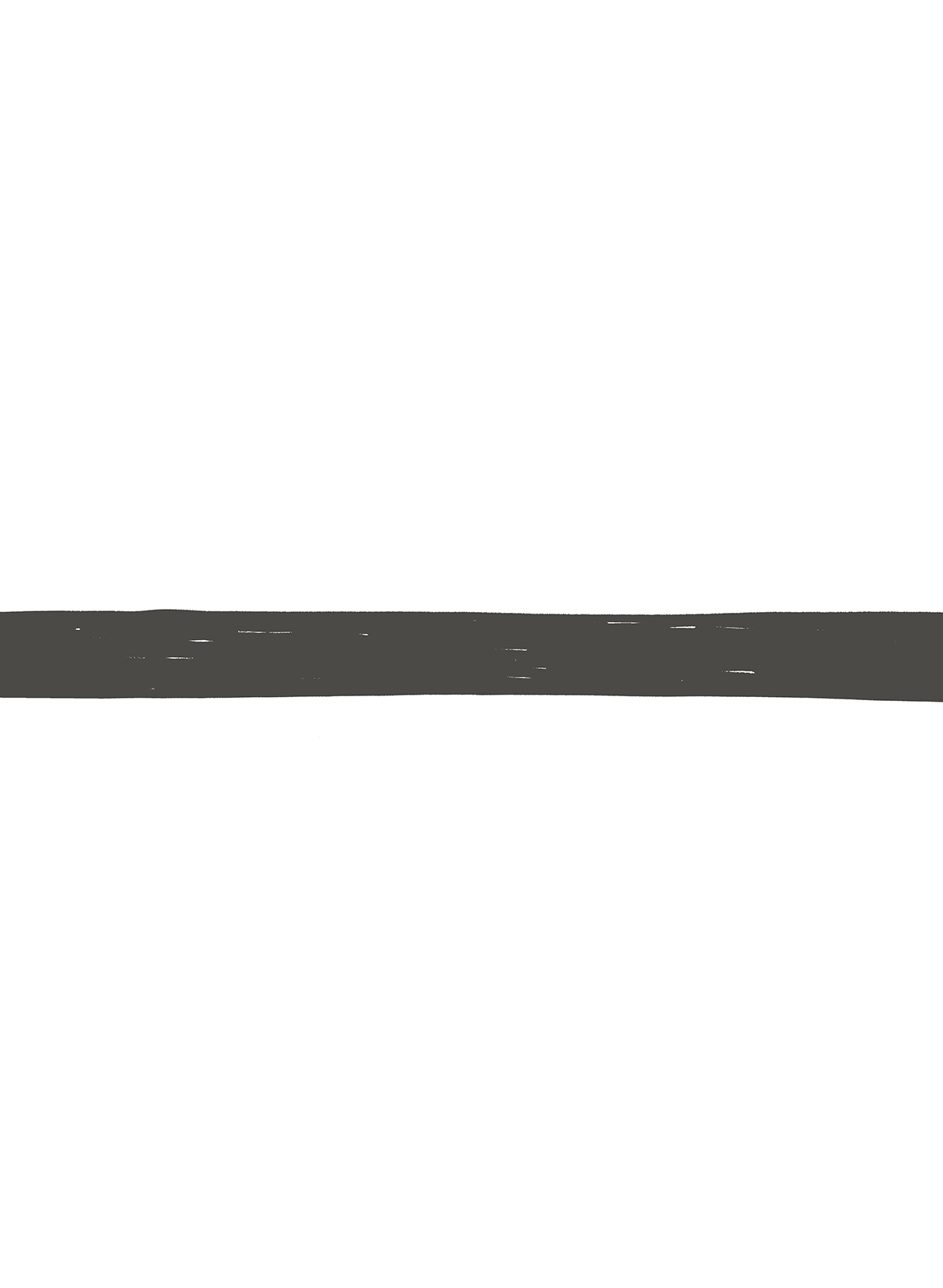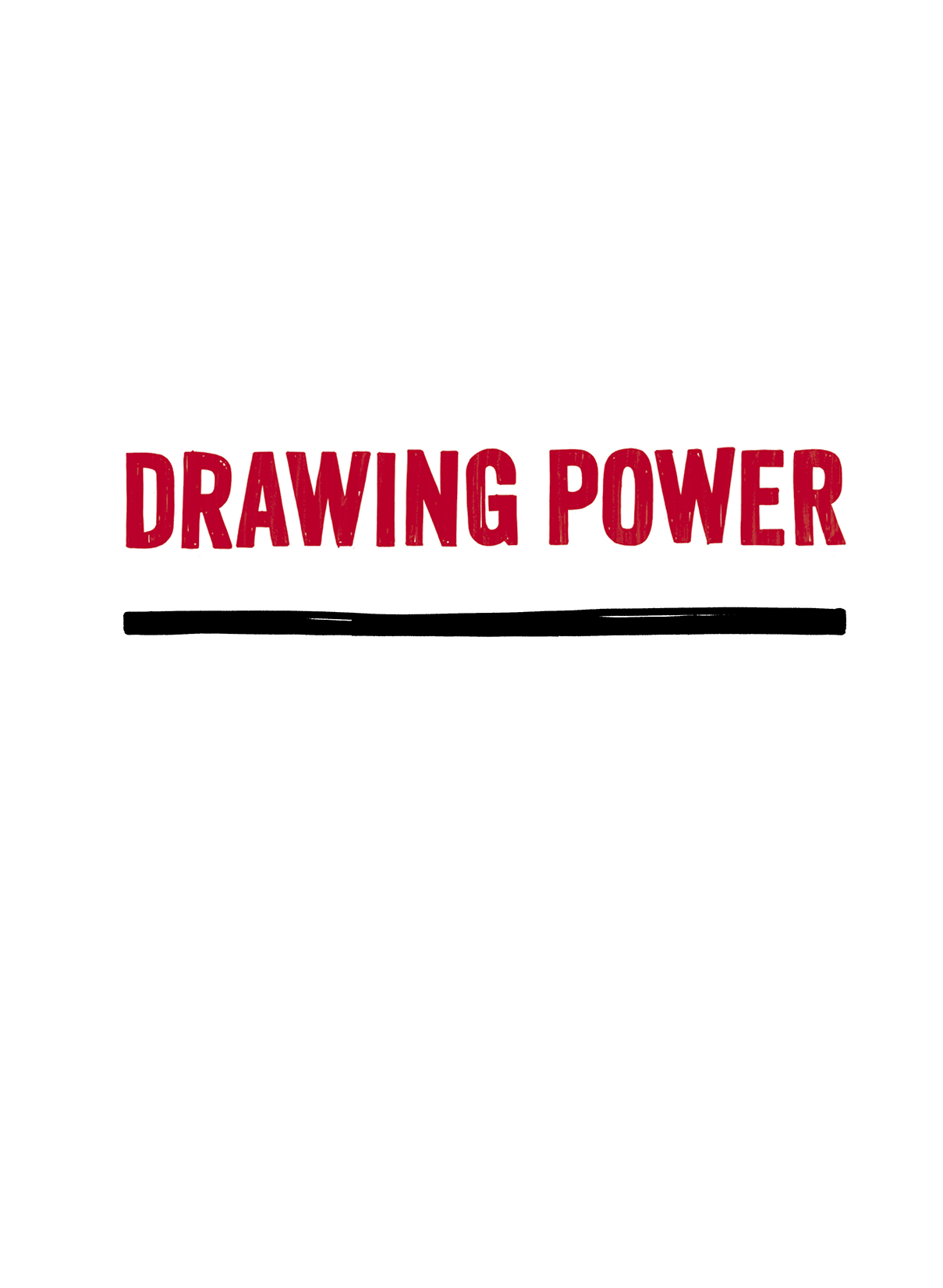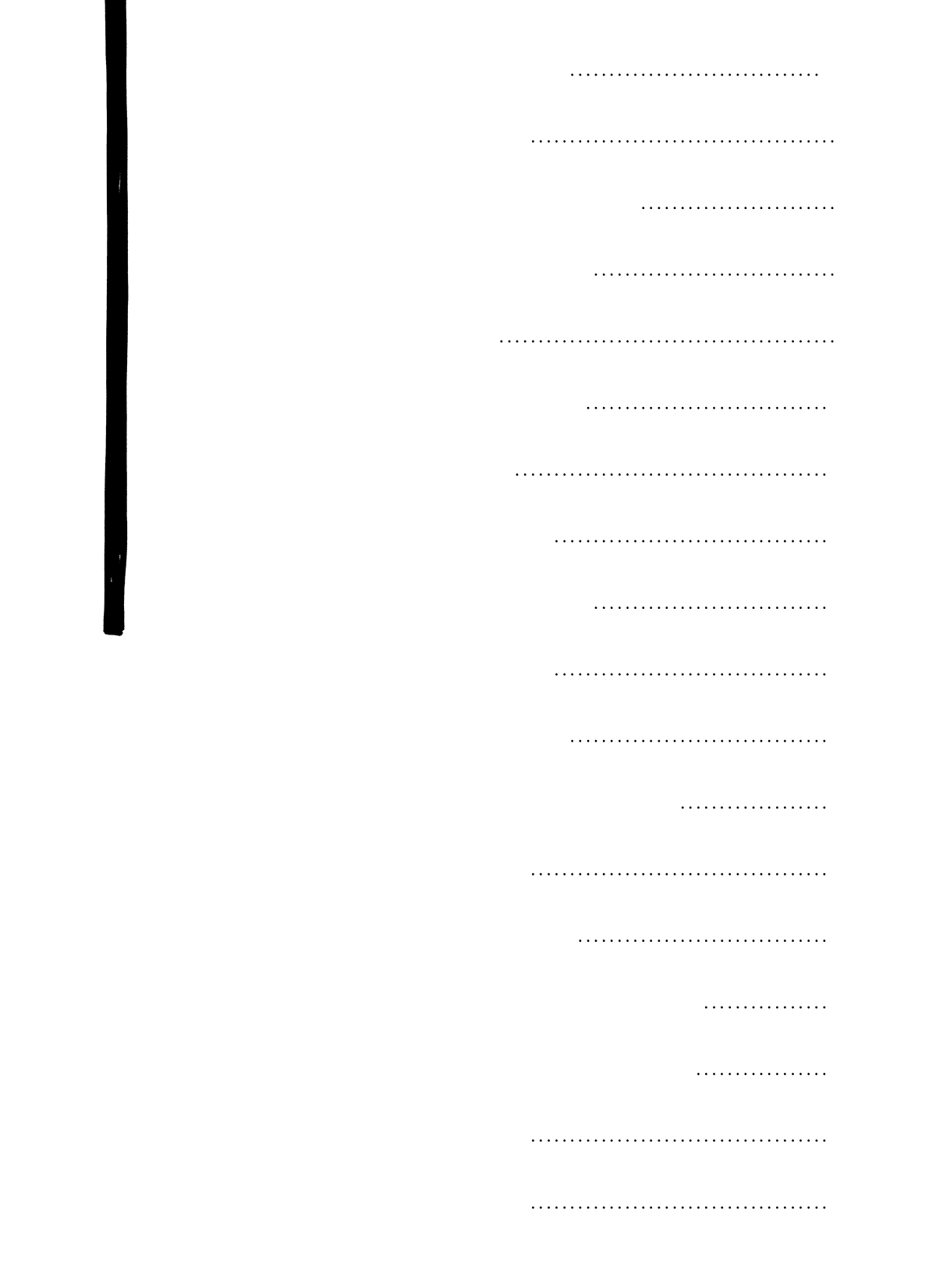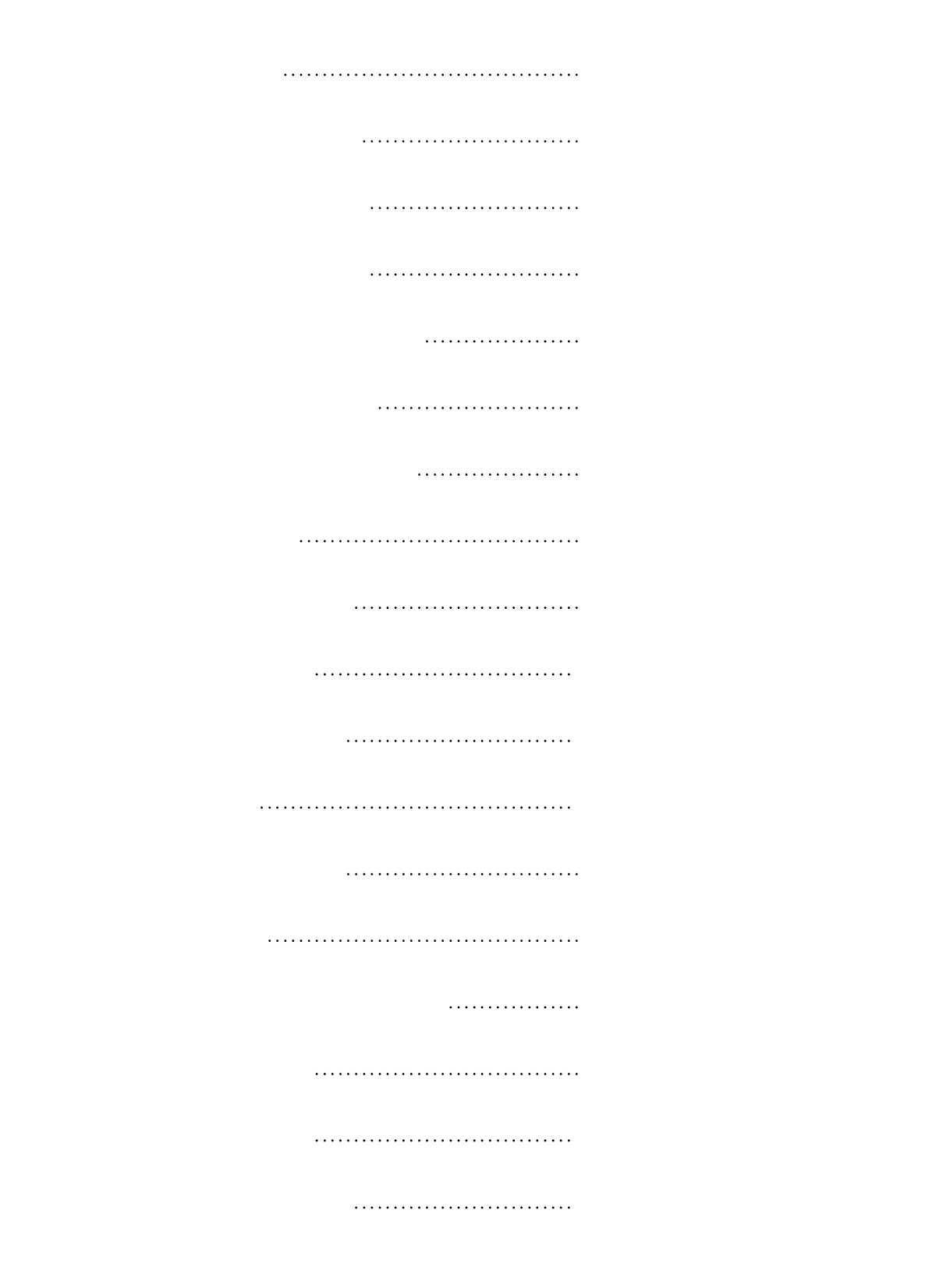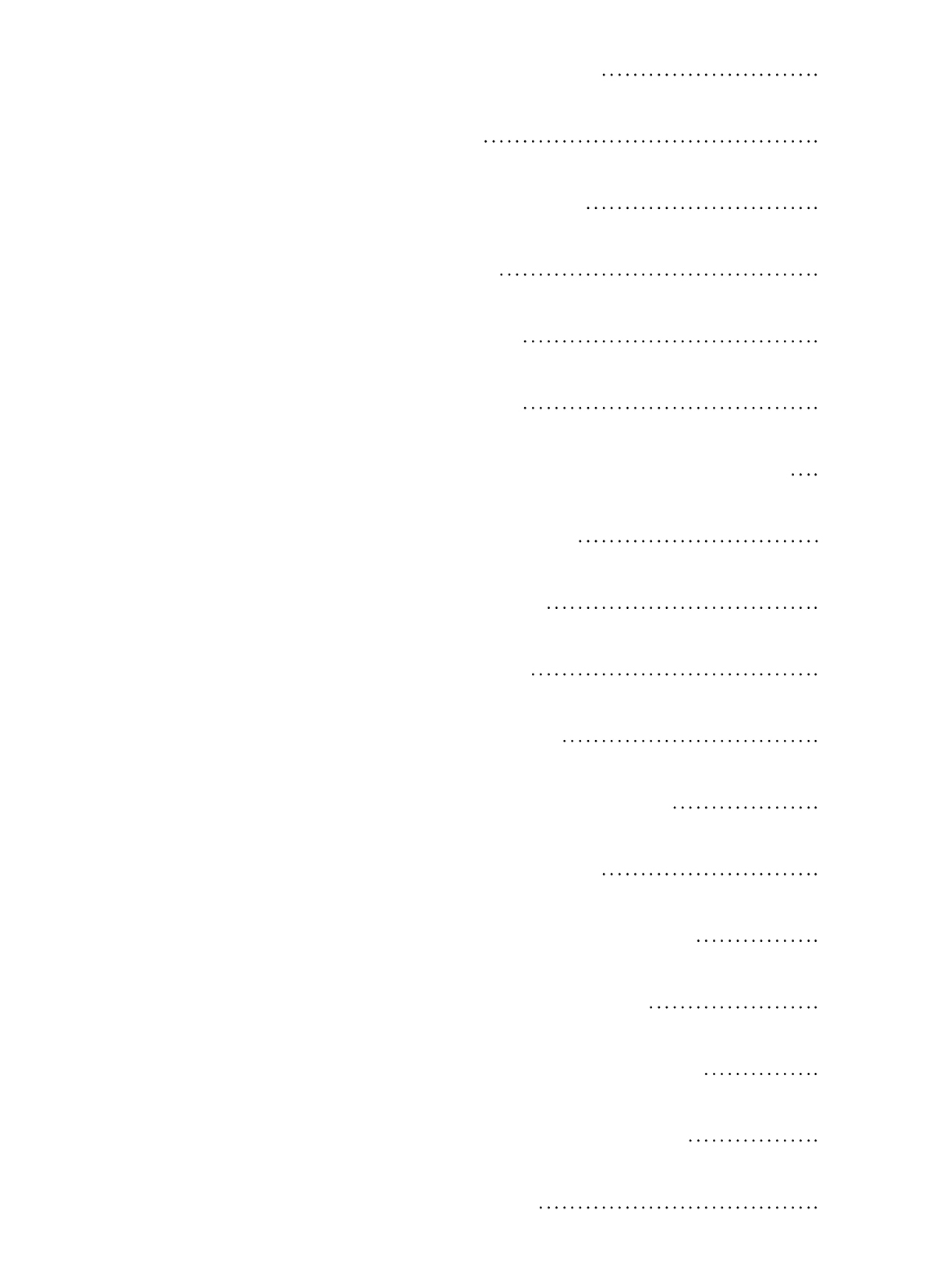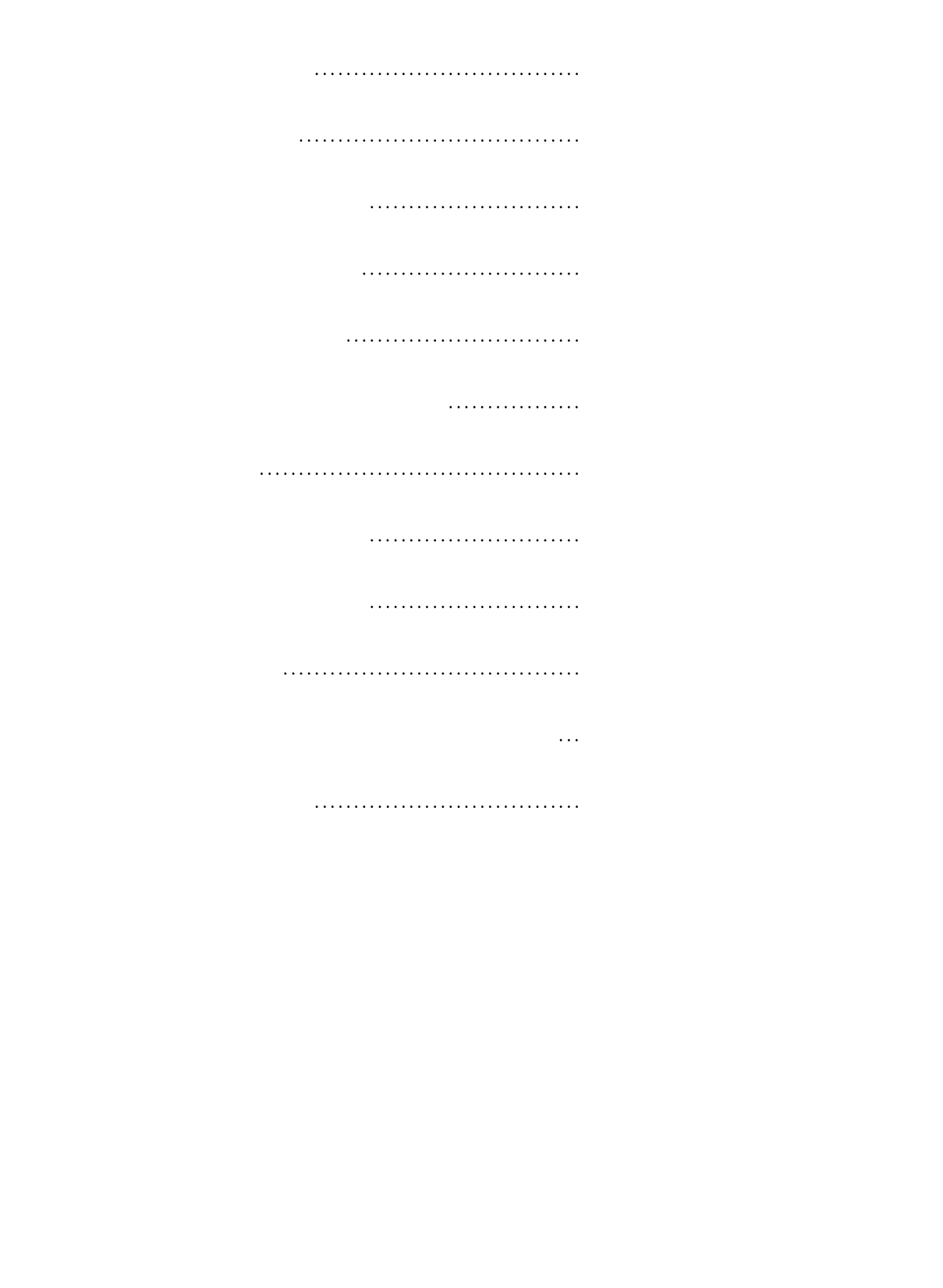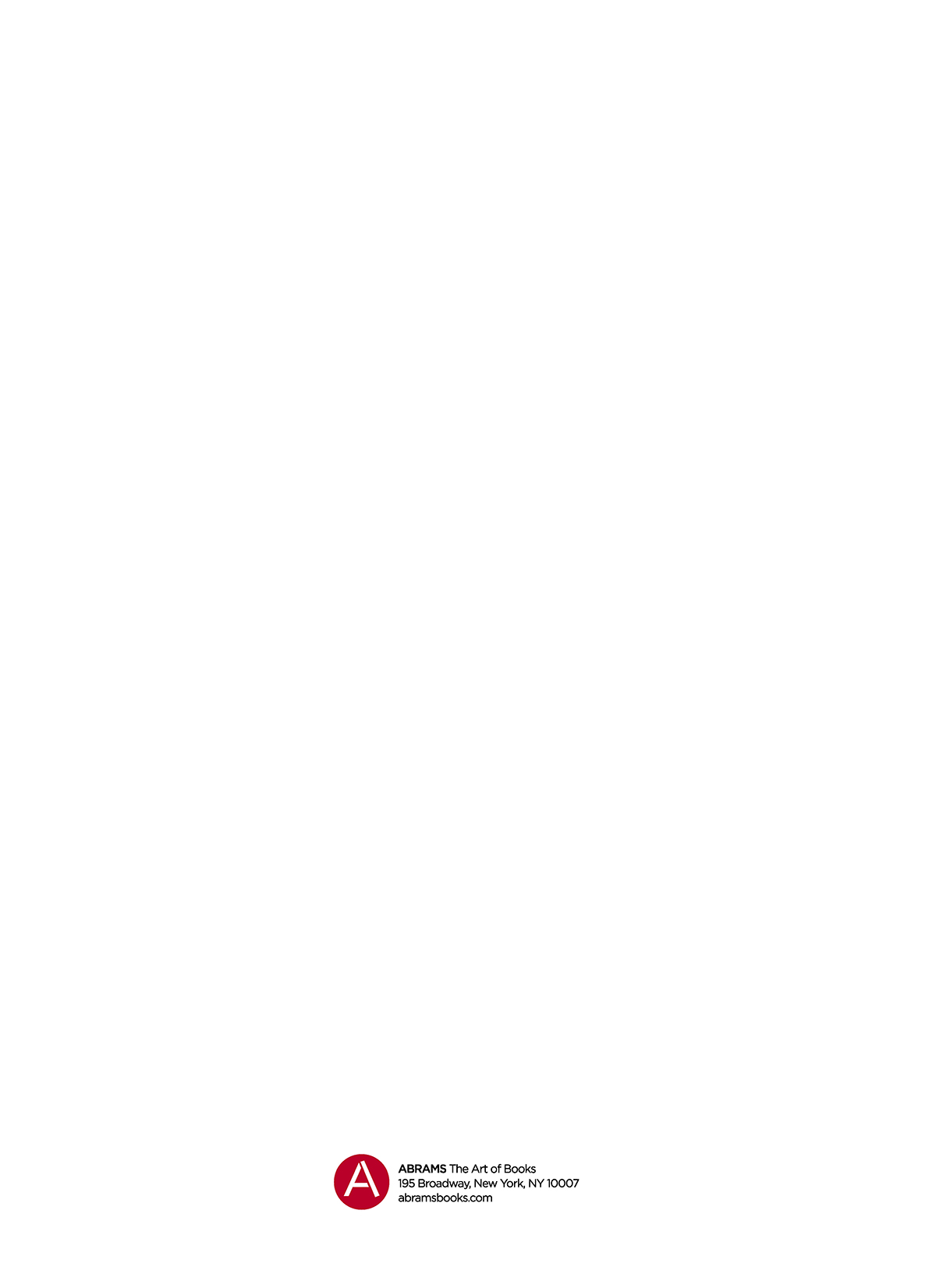
CONTRIBUTOR CREDITS
All text and illustrations are copyright their respective creators. All rights reserved.
Diane Noomin (11); Ebony Flowers
(28); Lenora
Yerkes (42); Sarah Allen Reed
(61); Marcela Trujillo
(75); Kendra
Josie Kirkpatrick (83); Ajuan
Mance (99);
Liz Mayorga (109); Joyce Farmer
(125);
Carta Monir (140); Kelly
Phillips (153); Wallis
Eates (177);
Ilana Zeffren (185); Georgiana
Goodwin (193); Kaylee Rowena
(205);
Sarah Firth (218); Carol
Tyler (236);
Marguerite Dabaie (249).
Editors: Ashley Albert and Maya Bradford
Designer: Max Temescu
Managing Editor: Amy Vreeland
Production Manager: Alison Gervais
Library of Congress Control Number 2018966473
ISBN 978-1-4197-3619-3
Compilation copyright 2019 Diane Noomin
Cover illustration copyright 2019 Sabba Khan
Case illustration copyright 2019 Soizick Jaffre
Introduction copyright 2019 Roxane Gay
Preface copyright 2019 Diane Noomin
Half title illustration copyright 2019 Meg OShea
Published in 2019 by Abrams ComicArts, an imprint of ABRAMS. All rights reserved.
No portion of this book may be reproduced, stored in a retrieval system, or transmitted
in any form or by any means, mechanical, electronic, photocopying, recording,
or otherwise, without written permission from the publisher.
Abrams ComicArts books are available at special discounts when purchased in quantity
for premiums and promotions as well as fundraising or educational use. Special editions
can also be created to specification. For details, contact specialsales@abramsbooks.com
or the address below.
Abrams ComicArts is a registered trademark of Harry N. Abrams, Inc.
eISBN 978-1-68335-673-8
ABRAMS The Art of Books
195 Broadway, New York, NY 10007
abramsbooks.com
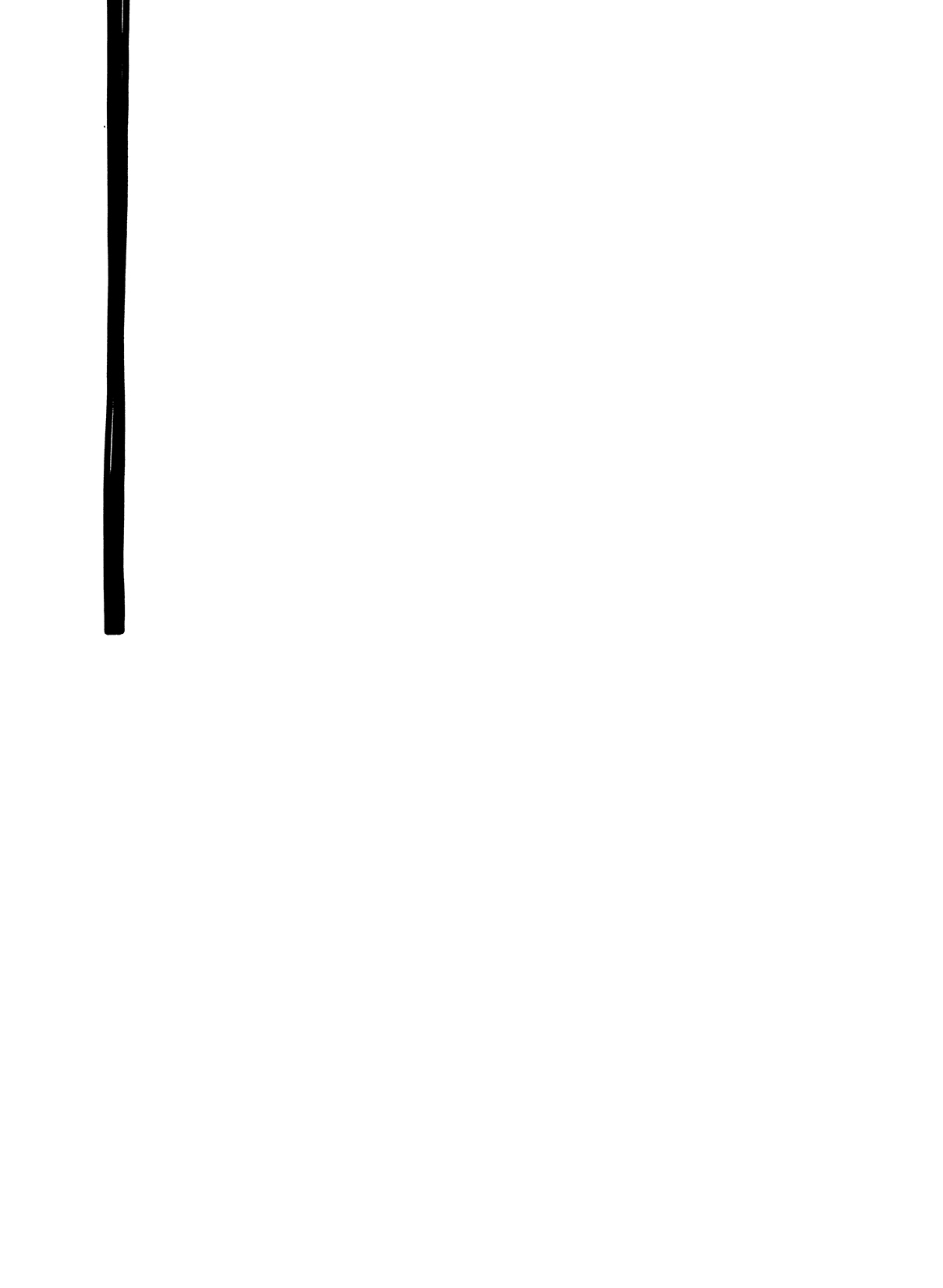
INTRODUCTION
by Roxane Gay
viii
THE CONDITIONS OF OUR CULTURE
IT HAS BEEN MORE THAN A YEAR SINCE THE #METOO HASHTAG WENT VIRAL,
capitalizing on the work of Tarana Burke to create a space in our cultural discourse
for women and men to talk about the ways in which they have survived sexual
harassment and assault. In that time, a great deal has been written about #MeToo,
and though change may be slow, the arc toward justice imperceptible, we are at
least talking about this epidemic of misconduct and predation, the inadequacy
of the justice system, and the pain too many have endured at the hands of people
who feel entitled to others bodies without consent or consideration.
As a writer, words are everything to me. There is a real power in shaping and
reshaping language to make sense of and to articulate my place in the world. I
am able to say This is what I have experienced and This is what I know and, most
important, This is who I am.
When I was twelve years old, I was gang raped by several young men. Sometimes
I write around this truth. I try to temper the language I use; I try to lessen the
gravity of what I went through because the truth is so ugly. The words I need to
use to convey that truth are so ugly. Those young men took something from me and
left me hollowed. I kept that secret for many years because the trauma stunned
me into silence. For too long, I was mired in shame and guilt and a profound sense
of violation. These feelings festered inside of me but, thankfully, I had words to
hold on to, to help me make sense of what happened. I read anything I could get
my hands on hoping I might learn the why of this terrible thing, and why I let
it happen. I read to find other people who had endured similar experiences. I
learned that I didnt, in fact, let anything happen to me and that the shame was
theirs, not mine. And, eventually, I wrote, first using fiction as a thin veil for
testimony, and then nonfiction. I used words to tell the truth, to add to the body
of literature that made my survival possible. I wrote and I said, I, too, know what
it is like to experience sexual violence and to find yourself irrevocably changed in
mind and body.
I use language, more than anything, to explore powerhow it is wielded, how
it is abused, what it feels like to lose and gain power, what it feels like to be
and feel powerful. I cannot help but think about power because, once upon a
time, I was robbed of my power, and it has taken nearly three decades to gain
a semblance of that power back. Now, every time I tell my story, I am powerful.
Every time someone shares that my story has helped them make sense of their
own experience, I am powerful. I try not to take it for granted. I try not to be the
kind of person who becomes so consumed by power that I wield it irresponsibly.
There are means, beyond language, for people to make sense of and articulate
their place in the world, and visual communication is one such way. Designer and
brand expert Debbie Millman says that the condition of our visual communication


